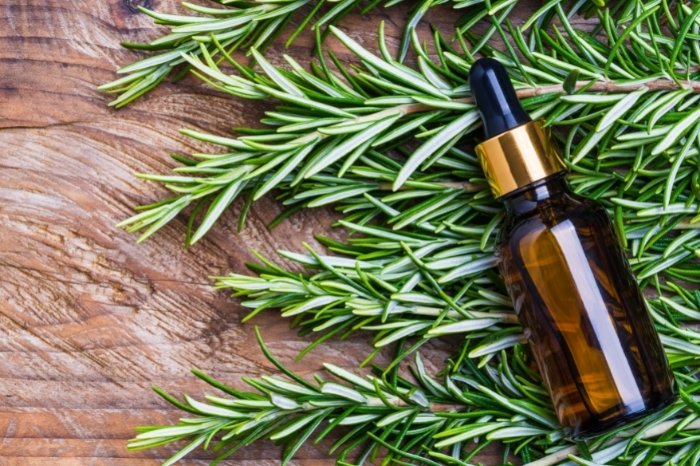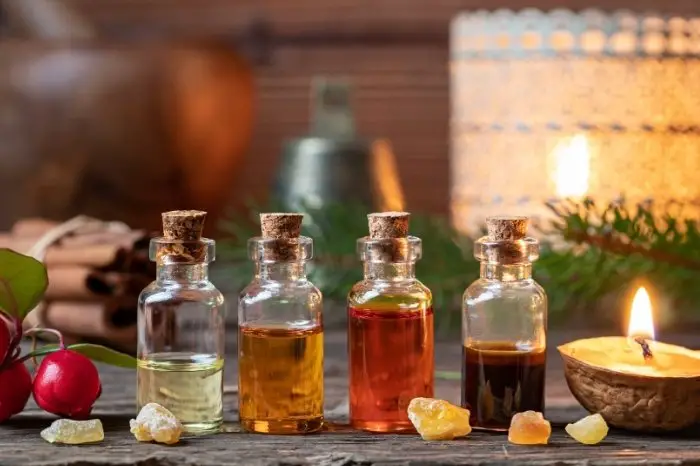Last Updated on August 22, 2021 by Cristina
Are you worried about poor growth or thinning of your beard? There are many reasons why men grow a beard, but others face the challenge of failing to grow thick and full hair. There are different causes of beard loss. Fortunately, there are different steps that you can take to address this problem. Read on to learn everything you want to know about essential oils for beard growth and thickness.
Causes Of Hair Loss
Some men can easily grow fuller and thicker beards without a lot of effort. Some people experience problems in growing the desired beard as a result of factors genetics, poor diet, lower testosterone levels, stress, or lack of exercise. Whatever the cause of hair loss may be, beards need grooming, styling, and oiling. Different types of essential oils provide benefits to beards.
Essential Oils For Beard Growth And Thickness
There are different types of essential oils for beard growth available on the market. Essential oils consist of volatile compounds or oils that are obtained from various plants. Essential oils are helpful for hair growth and skincare. The oils also consist of anti-itch, antibacterial, anti-dandruff, and antiseptic compounds. Essential oils are concentrated and need dilution with carrier oils before use.
Peppermint Oil For Beard Growth
Peppermint Oil beard is characterized by a refreshing scent and it promotes beard growth. Another benefit of peppermint is that it stimulates blood circulation under the skin to promote the growth of hair. Hair follicles should get nutrients and oxygen supplied in blood to enhance healthier, fuller, and faster growth. Peppermint oil can also increase hair follicle density which is good for the beard.
Lavender Oil
Lavender oil is a popular essential oil that promotes quality sleep, and it has a calming scent. Sleeping is good for beard growth, and it helps you develop faster and thicker beards. The oil can also prevent fungi and bacteria from damaging the hair follicles. These conditions can impact the health of your facial hair.
Rosemary Oil
Rosemary oil has the potential to promote beard growth by stimulating blood circulation. The oil also plays a crucial role in moisturizing your skin below the beard. If your skin is dry, issues like dandruff and patches can make your hair thin and unhealthy. The plant where rosemary oil is extracted produces carnosic acid which can heal damaged nerves. This essential oil can restore hair loss and improve circulation.

Tea Tree Oil
If you are experiencing dandruff, tea tree oil can be the best option you can consider to maintain the health of your skin and hair. Beardruff leads to flaking of the skin, and this affects the growth of hair. Some studies indicate that tea tree oil helps facial hair with different conditions that promote the healthy growth of hair. Tea tree oil also has properties that help unclog pores, fight bacteria, and prevent the conditions like dandruff that can affect beard growth.
Carrier Oils
Essential oils are concentrated and should be mixed with carrier oils before you apply them to your beard. If you apply concentrated oils directly, they can cause skin irritation. It is important to dilute essential oils with carrier oils. The benefit of carrier oil is that it consists of antioxidants and moisturizing properties to improve the health of your skin and beard. Concentrated oils are potent and will cause skin burns, rashes, and drowsiness if used without dilution.
Jojoba Oil
Jojoba oil is a carrier oil that offers your skin and beard many benefits. The following are some of the advantages of using this type of oil.
- An antioxidant that prevents infections that can affect your skin.
- Anti-inflammatory properties that fight beard acne. Skin inflammation can cause thinning and weakening of hair.
- Moisturizes the skin for 24 hours.
- Spreading natural sebum across hair follicles.
Cliganic USDA Organic Jojoba Oil, 100% Pure
Jojoba oil keeps your skin moisturized, and this helps minimize damage to your facial hair. More importantly, jojoba oil consists of natural ingredients which make it ideal for any type of skin. Natural ingredients have no side effects, and they are good for any type of skin.
Coconut Oil
Coconut oil is used to tame unruly hairs, and it softens and hydrates your beard. You can use the oil to style your facial hair to make it easier to manage. The coconut smell is fresh, and it makes you feel confident about yourself. The oil consists of fatty acids that eliminate bacteria, viruses, pathogens, and fungi to prevent infections. Coconut oil plays a crucial role in reducing eczema and improving moisture content on your skin. The oil can protect the skin against damage from the sun and prevents harmful diseases.
How To Make Your Beard Growth Oil
You can make your beard oil consisting of different essential oils. The following ingredients can produce 1 fl oz (30 ml) beard oil.
| Essential Oil | Drops |
|---|---|
| Rosemary | 3 |
| Jojoba | 2 |
| Peppermint | 1 |
| Tea tree | 1 |
| Lavender | 1 |
Mix these ingredients thoroughly in a bowl and use a dark bottle to store the contents. Keep the container tightly sealed. When applying the oil to your facial hair, use one or two drops and rub in a circular motion using both hands. Make sure you apply the contents evenly across the board. You should not over-apply the oil since it can leave greasy trails.

Conclusion
If you are experiencing the challenge of thinning hair or hair loss, you can consider using essential oil for beard growth. Essential oils for beard growth and thickness promote the fullness of hair and are free of irritation, dryness, and dandruff. The most popular essential oils include peppermint, rosemary oil, tea tree oil, and lavender oil. Essential oils provide a pleasant scent and encourage the growth of a fuller and thick beard. When you combine essential oils and carrier oils, you will enjoy maximum health benefits for your hair and skin. We hope you have enjoyed this article about essential oils for beard thickness and growth. You can leave your comments below and share the article if you like it.

